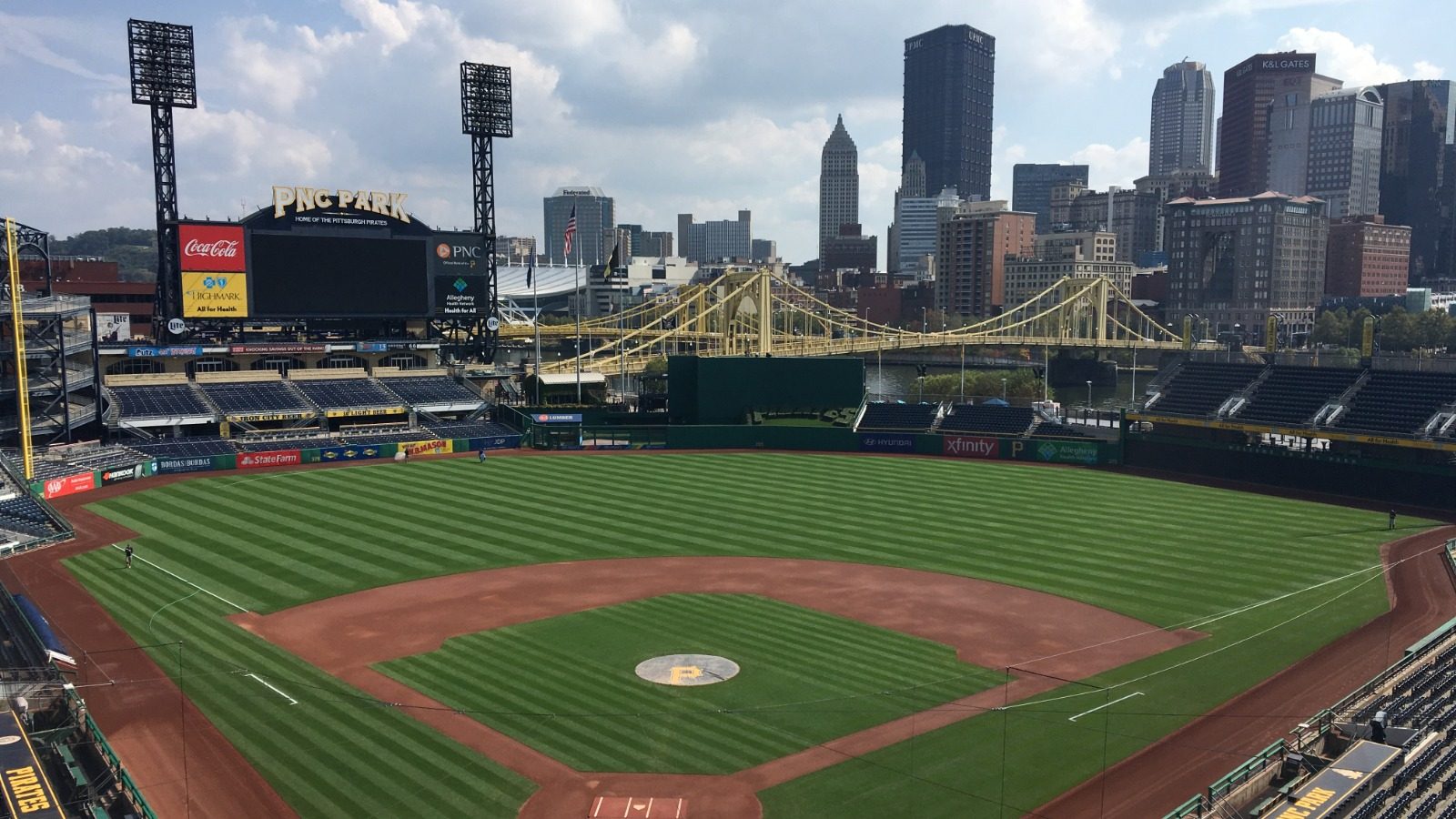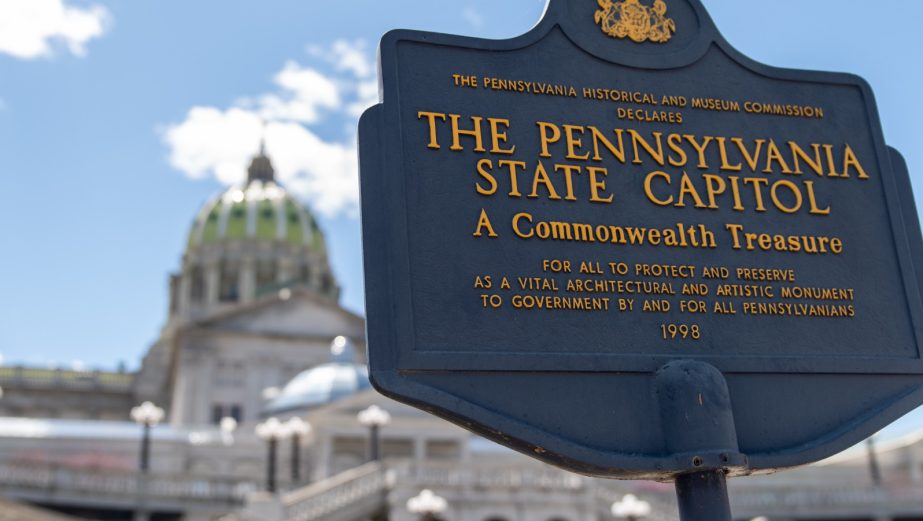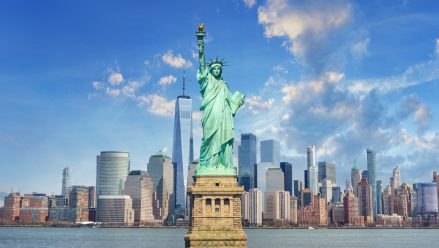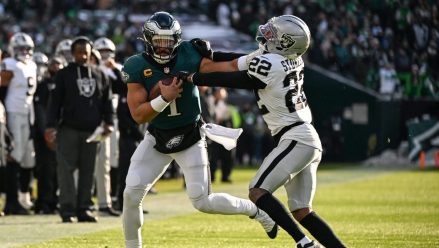As Pennsylvania lawmakers continue to try to pull together a budget before the holidays or the end of the year, it appears that any kind of proposed gambling tax increase is off the table — at least for now.
According to multiple media reports Wednesday, legislative leaders have drafted a $50.1 billion budget with no new revenue sources. The expectation was that the legislature would vote on the budget, which would alter public school spending and allot more than $500 million to the state’s poorest schools as well as halt participation in a carbon emissions cap-and-trade program. Gov. Josh Shapiro is expected to sign the deal if it passes through the legislature.
Should it pass, gambling taxes would remain the same, and the state’s 80,000-100,000 unregulated skills games would continue to operate.
One source told InGame Tuesday that the gambling-tax increase proposal had “fallen off the table” due to a disagreement between Democrats and Republicans about how to spend any new taxes. Another said the increases weren’t in play at the moment.
The state’s Democrats were aiming to use additional income from gambling taxes to fund new Southeastern Pennsylvania Transportation Authority projects, and the Republicans wanted to spend it on improving rural roads and bridges.
Hefty wagering increase was considered
Last week, InGame reported that lawmakers in Pennsylvania were discussing raising sports betting taxes to 54% from the current 36% (34% state tax, 2% local tax) as part of a bigger gambling-tax increase to help plug a budget hole. Also on the table was a more modest iGaming increase and limiting the number of unregulated skill-based games, then bringing them into the regulatory structure.
Had the increase gone through, it would have capped a year of wagering tax increases around the country. Lawmakers in Illinois, Louisiana, Maryland, and New Jersey hiked sports betting taxes in 2025.
The Sports Betting Alliance (SBA) and its members have been reaching out to Pennsylvania consumers in a grassroots effort to stop a sports betting tax increase. The SBA also wrote to Shapiro and the general assembly pointing out that Pennsylvania’s wagering taxes are among the highest in the nation. It ran advertisements encouraging voters to act throughout the state in October and early November, according to the Pittsburgh Post-Gazette.
The SBA has said that any increase in betting taxes in Pennsylvania could result in operators passing new costs directly to consumers, offering fewer promotions, or downgrading odds.
SBA going on offensive
In addition, a source said, the group is planning to create and fund a super PAC. It would initially be funded with $10 million. When formed, the Pennsylvania super PAC will be the first by the SBA, but there could be more in key states in the future.
The SBA is comprised of bet365, BetMGM, DraftKings, Fanatics Sportsbook, and FanDuel.
The SBA and the sports betting industry as a whole have been playing defense for much of this year. An Illinois per-wager tax cropped up at the last minute during budget negotiations in the spring, and the group wasn’t able to mount enough of a defense to stop it. Operators there are either passing the new tax directly to consumers or have imposed bet minimums.
A super PAC could better position the SBA to, if not control the narrative in Pennsylvania, at least be a part of it sooner. It would also allow the SBA to react more quickly with advertising and marketing pushes because the entity and its funding would already be in place.
A super PAC in Pennsylvania could spend funds supporting candidates or issues and is a separate entity from the businesses funding it. There is no cap on how much money a super PAC can raise or spend, but it cannot directly work with or coordinate activities with a candidate or issue. Money can be spent on media campaigns, direct mail, or digital marketing, and super PACs can run ads either in support of or opposition to an issue.







